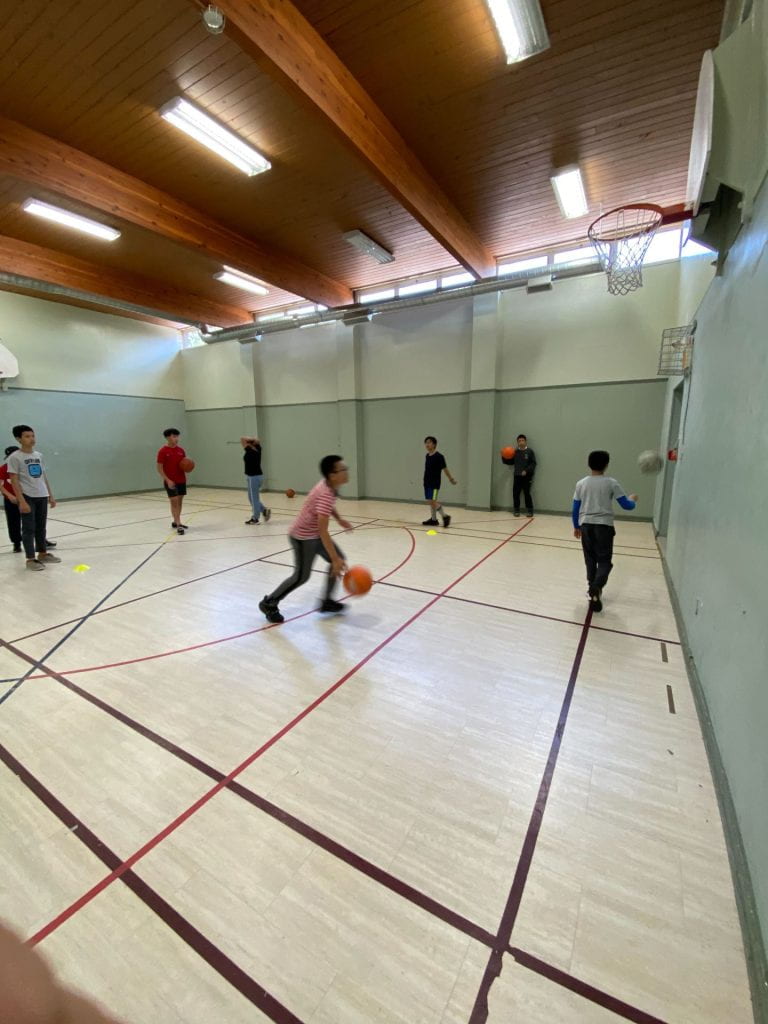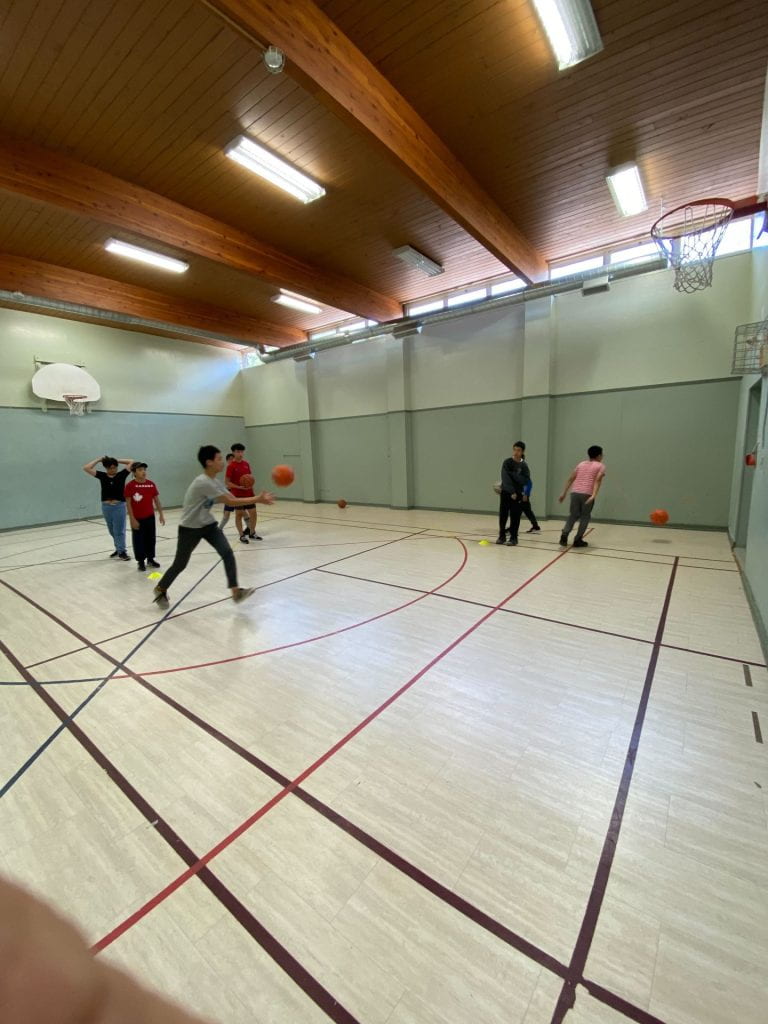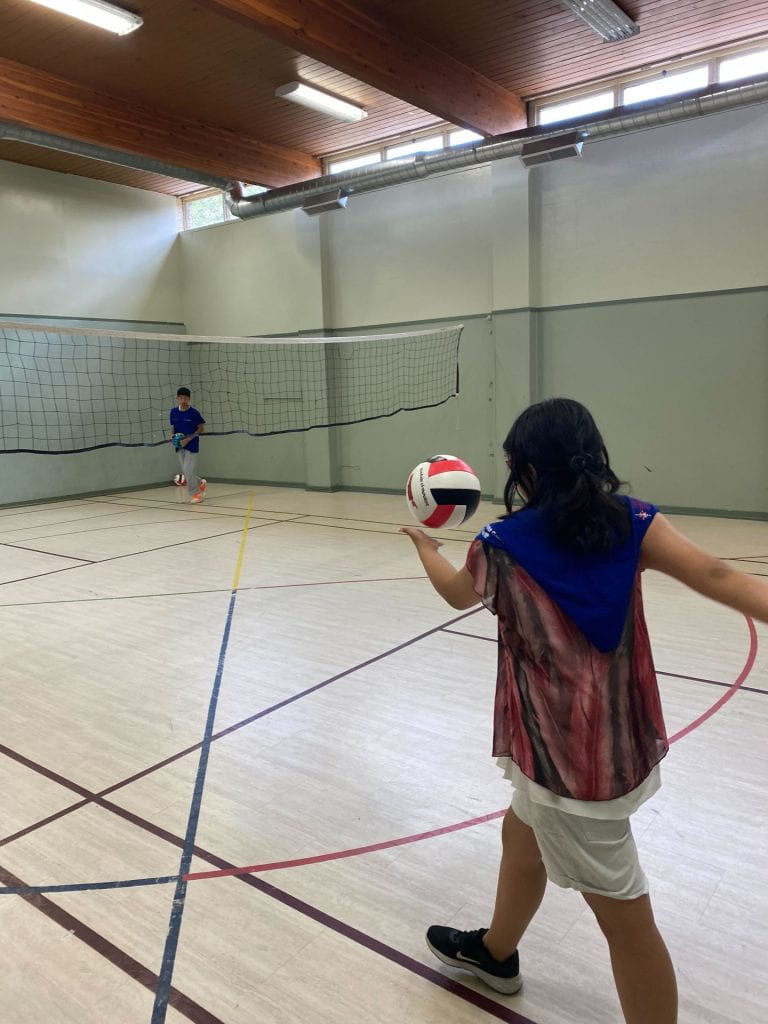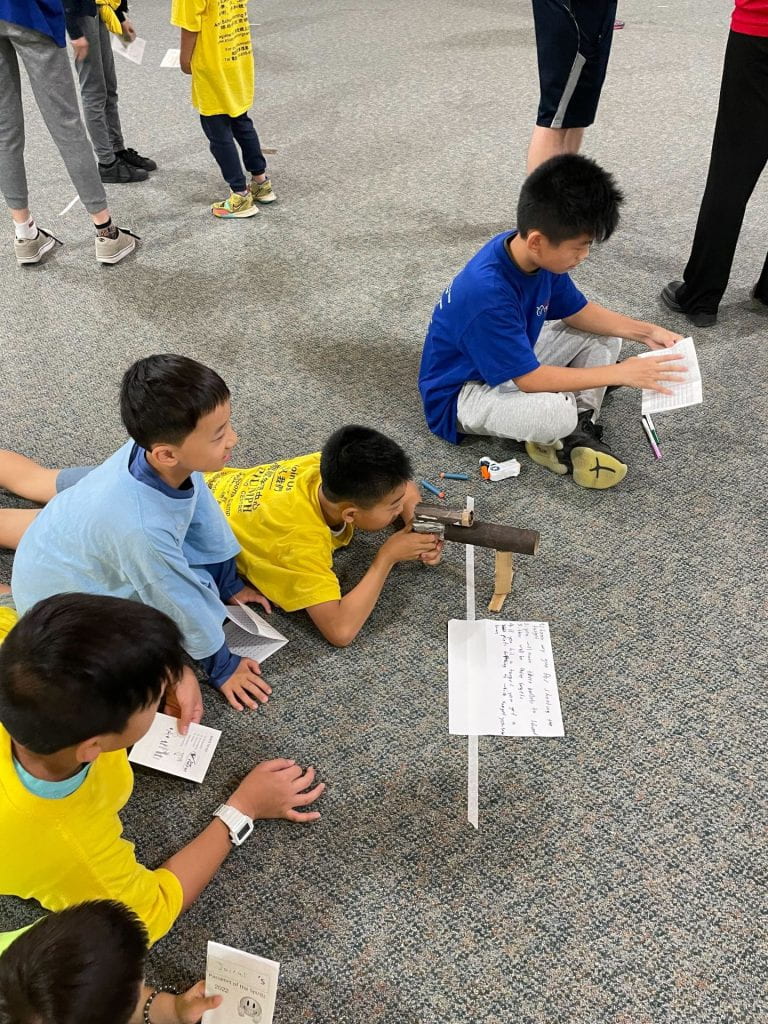- Our theme this year is Time Travel. We will be focusing on using a historical lens to approach lessons and activities in STEAM and Sports. Campers will get a chance to develop visual and practical connections to key historical moments in the past and follow the advancements that lead to the present. Look forward to the Journey through the ages!
Week 8: 1900 CE. – PRESENT
Returning to the present day, a chance for reflection and culmination of the entirety of the past 7 weeks. Tying together the incredible developments of the past to the unique and modern inventions of today. Looking ahead to current and future technological advancements in computers, coding, and robots.
August 21st – 25th.





Engineering and Robotics: Coding







Engineering and Robotics: Robotic Kits.










Physical Activity: Nerf Wars!
Week 7: 1750 CE. – 1900 CE.
The previous era was filled mainly with discovery. This era is essentially the Industrial Revolution and the Enlightenment-driven Revolutions. The discovery of electricity by Thomas Edison pioneered technological advancements and development of circuits and systems. Industrialization fundamentally altered the production of goods around the world. Not only did this change affect how goods were produced and consumed, but also the global economy, social relations, and culture.
August 14th – 18th.





STEAM: Making Windmills.










Engineering and Robotics: Car and Motor Build.
Week 6: 1600 CE. – 1750 CE.
Comprised of the Renaissance, the Reformation, the Scientific Revolution, and the Enlightenment; this period is significant for the rapid progress of science and technology, dissociating politics from religion, and a transition from medieval to modern. The interconnection of the Eastern and Western hemispheres made possible by transoceanic-voyaging marked a key transformation for this period. Technological innovations made these connections possible, including changes to long-distance trade, formation of new financial centers and markets, and the spread of different religions and elements of culture. Developments include production of new tools, innovations in ship designs, and improved understanding of global wind and current patterns,











Engineering: Circuits Exploration.



STEAM: Steam Engine Models.
Week 5: 1450 CE. – 1600 CE.
The beginning of the European Renaissance marks the start of the Early Modern Era. Major milestones for the development of art and culture were seen in this time period. Significant historical figures as major contributions to the flourishing and rebirth of this time period. To note, artists like Michelangelo and his famous sculptures and paintings. Galileo in his discoveries with the telescope and the vast wonders of the universe. Other notable trends of this period include the development of experimental science, increasing technological progress, accelerated travel with improvements in mapping and ship design, and emergence of nation states.
July 31st – August 4th.














Gym: Basketball.










Engineering and Robotics: Making Soap Sculptures.


STEAM: Portraits!
Leadership: Advertising.
Week 4: 1250 CE. – 1450 CE.
In the Late MIddle Ages, attention is focused on China in the search for immortality and their accidental discovery of gunpowder. This period of stunning development known as “China’s Golden Age” included the use of paper money and the introduction of tea drinking. The creation of the printing press which lead to the printing of newspapers, books, and journals is studied! This enormous growth in the production of non-agricultural goods lead to the betterment of everyday life for ordinary people at the time.
July 24th – 28th








Engineering and Robotics: Printing Press Exploration.




Engineering and Robotics: Printing Press Construction Cont’d.
STEAM: Parachute Test.








Baking: Secondary Campers Making Cookie Cakes with ECE Campers.
Week 3: 476 CE. – 1250 CE.
The Middle Ages began with the collapse of the Western Roman Empire and ends with the Fall of Constantinople. A continuation of trends begin in the Early Middle ages with population decline, decline in trade, and a scarcity of literature and cultural output. Many of these trends were reversed later on in the period with the introduction of the feudal system. The High Middle Ages were marked by a rapid increase in population, urbanization, before faltering with economic stagnation due to wars and the Black Death. A key invention of this time period is the mechanical clock. How did the measurement of time with a clock shape and change the trajectory of work and business?
July 17th – 21st



STEAM: Learning about Gunpowder Development and Use.




Gym: Volleyball.







Baking: Secondary Campers Helping ECE Campers.







Engineering and Robotics: Pendulum Clock Study and Design.













Leadership Training: Church Wide Booth Games.
Week 2: 600 BCE – 476 CE.
The advancements and wonders of the Greek and Roman Empires in the Classical Era is explored. At the height of their respective reigns, the designs of their ancient cities and monumental inventions like the catapult and the aqueduct paved the way for future civilizations. The basis of European art, philosophy, society, and education stem from the ancient Greeks. The Romans preserved, imitated, and spread the culture leading to the vast influence on language, politics, law, philosophy, science, warfare, ethics, art, and architecture of the modern world.
July 4th -7th.







Gym: Badminton.








STEAM: Catapult Exploration.










Baking. Leading and working with the ECE campers.
Week 1: 1000 BCE – 600 BCE.
The Journey beings with the start of the Agricultural Revolution, the development of language, and the wheel. We encounter the development of multiple systems that promote the cultivation of land and the functionality of farming. The fundamental features and development of tools used in the ancient times are explored and considered for possible use even today.
July 4th -7th.









Robotics and Engineering: Wagons and Wheels.

Gym: Badminton.














STEAM: Pottery.









Engineering and Robotics: Wagon and Wheels continued.





